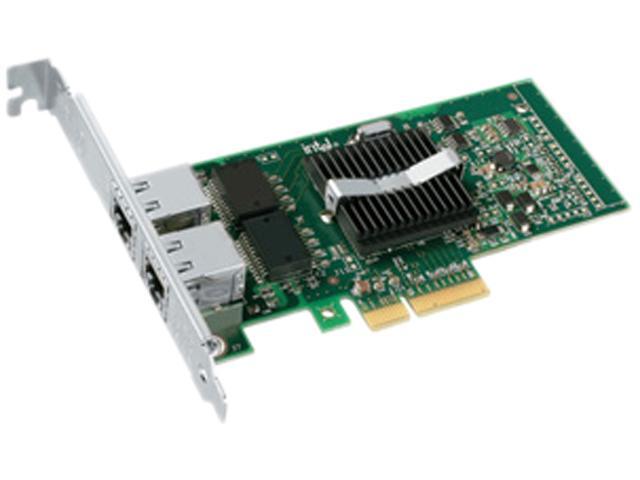- .......to build a pfSense 2.7.2 QEMU+KVM guest as a hardware firewall + wifi router access point (as an example)
- .......or for building a QEMU+KVM hardware NAS using pci-e NVME SSD's (where some NVME cards have legacy rom-bars and multiple msi-x vectors)
failed to add PCI capability table & pba overlap, or they don’t fit in BARs, or don’t align
QEMU is a generic and open source machine & userspace emulator and virtualizer.
QEMU is capable of emulating a complete machine in software without any need for hardware virtualization support. By using dynamic translation, it achieves very good performance. QEMU can also integrate with the Xen and KVM hypervisors to provide emulated hardware while allowing the hypervisor to manage the CPU. With hypervisor support, QEMU can achieve near native performance for CPUs. When QEMU emulates CPUs directly it is capable of running operating systems made for one machine (e.g. an ARMv7 board) on a different machine (e.g. an x86_64 PC board).
QEMU is also capable of providing userspace API virtualization for Linux and BSD kernel interfaces. This allows binaries compiled against one architecture ABI (e.g. the Linux PPC64 ABI) to be run on a host using a different architecture ABI (e.g. the Linux x86_64 ABI). This does not involve any hardware emulation, simply CPU and syscall emulation.
QEMU aims to fit into a variety of use cases. It can be invoked directly by users wishing to have full control over its behaviour and settings. It also aims to facilitate integration into higher level management layers, by providing a stable command line interface and monitor API. It is commonly invoked indirectly via the libvirt library when using open source applications such as oVirt, OpenStack and virt-manager.
QEMU as a whole is released under the GNU General Public License, version 2. For full licensing details, consult the LICENSE file.
QEMU is multi-platform software intended to be buildable on all modern Linux platforms, OS-X, Win32 (via the Mingw64 toolchain) and a variety of other UNIX targets. The simple steps to build QEMU are:
https://docs.fedoraproject.org/en-US/quick-docs/virtualization-getting-started/
wget https://raw.githubusercontent.com/c4pt000/kernel-6.8.2-expSEHDsec-HAXM-cgroupvirtio/master/patch-libvirt-IPTABLES-NFTABLES-UFW.sh
chmod +x patch-libvirt-IPTABLES-NFTABLES-UFW.sh
./patch-libvirt-IPTABLES-NFTABLES-UFW.sh
sudo yum install virt-manager -y
sudo dnf install @virtualization -y
sudo systemctl start libvirtd
sudo systemctl enable libvirtd
sudo virt-manager
Patching qemu-system-x86_64 to allow legacy cards (like pci-e NVME ssd's and legacy wifi cards) with multiple msi-x vectors and faulty rom-bars to passthrough as a card for a guest machine
https://forum.level1techs.com/t/vm-wont-start-with-nvme-device-passed-through/137486/6
https://patchwork.kernel.org/project/qemu-devel/patch/099db937-3fa3-465e-9a23-a900df9adb7c@default/
make sure setenforce=0 or set an allow semanage policy for qemu
sudo -i
yum install dnf-utils cmake git -y
yum-builddep qemu -y
yum groupinstall "C Development Tools and Libraries" -y
git clone https://github.com/c4pt000/qemu-kvm-patched
cd qemu-kvm-patched
mkdir build
cd build
../configure --prefix=/usr --enable-user
make -j24
cp -rf qemu-bundle/usr/share/qemu/* /usr/share/qemu/
cp -rf qemu-system-x86_64 /usr/bin/qemu-system-x86_64-pfsense
"then adjust pfsense.xml machine to point to /usr/bin/qemu-system-x86_64-pfsense"
pfsense 2.7.2 iso release amd64
PfSense 2.7.2 KVM settings
Dlink DWA-556 802.11n best support with pfsense 2.7.2
Wired ethernet 2 ports
Intel EXPI9402PTBLK-1PK PRO/1000 PF Dual Port Server Adapter 10/100/1000Mbps PCI-Express 2 x RJ45 (one port connects to your router/modem the other port connects back to the built-in machine ethernet port as a loop-back pfSense as a guest filters the internet traffic going back to the host to the protect the host )
Status of 802.11ac Support
Currently, there is no support for 802.11ac in FreeBSD nor in pfSense software. Development on FreeBSD can be tracked by checking the FreeBSD Wiki Article for 802.11ac Support.
Additional information can also be found online via the QEMU website:
<https://wiki.qemu.org/Hosts/Linux>_<https://wiki.qemu.org/Hosts/Mac>_<https://wiki.qemu.org/Hosts/W32>_



